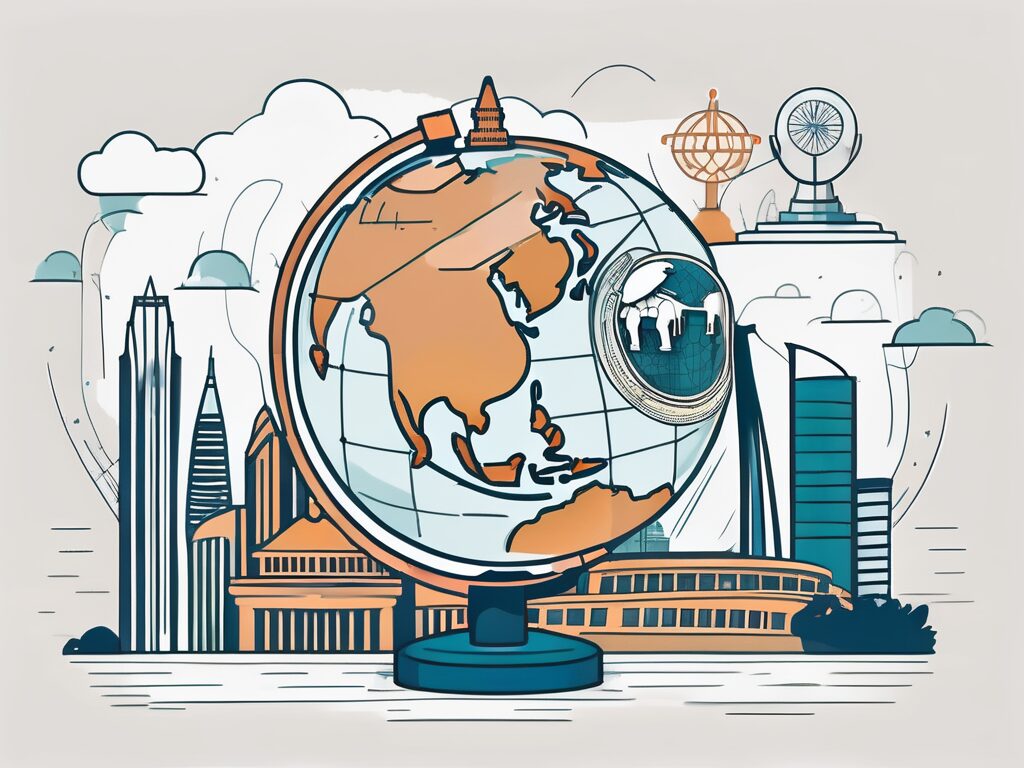In the ever-evolving world of education, the demand for teachers who can deliver a global perspective is on the rise. With a Master’s in Education, you can be that teacher without ever having to leave the comfort of your home in Singapore. This article will provide you with four practical tips to help you utilise your Master’s degree to its fullest potential and make a significant impact on the global stage.
1. Embrace Technology
Technology has revolutionised the way we teach and learn. It has broken down geographical barriers, making it possible for teachers in Singapore to reach students across the globe. As a Master’s in Education holder, it’s essential to embrace technology and make it an integral part of your teaching strategy.
Start by familiarising yourself with various online teaching platforms. Tools like Google Classroom, Zoom, and Microsoft Teams are commonly used in virtual classrooms. They offer features like video conferencing, file sharing, and interactive whiteboards, which can make your online classes more engaging and interactive. Think of these platforms as your virtual classrooms, where you can connect with students from different parts of the world.
Additionally, consider incorporating educational apps and websites into your curriculum. Websites like Khan Academy and Duolingo can supplement your lessons and provide students with additional resources to enhance their learning. Remember, the goal is to use technology to facilitate learning and make it more accessible to students worldwide.
2. Cultivate Cultural Sensitivity
Teaching students from different parts of the world requires a deep understanding and respect for cultural diversity. Cultural sensitivity is not just about being aware of the differences but also about appreciating and valuing them. As a global educator, it’s your responsibility to create an inclusive learning environment where all students feel respected and valued.
Start by educating yourself about the cultures of your students. This could involve reading books, watching documentaries, or even engaging in conversations with people from those cultures. The more you know about your students’ cultures, the better you can tailor your teaching methods to suit their needs and preferences.
Additionally, encourage your students to share their cultures with the class. This could be through presentations, projects, or casual conversations. Not only will this foster a sense of belonging among students, but it will also provide a rich learning experience for everyone involved.
3. Develop a Global Curriculum
As a global educator, your curriculum should reflect the diverse backgrounds of your students. It should not only cover the standard subjects but also incorporate global issues and perspectives. This will help your students develop a global mindset, which is a valuable skill in today’s interconnected world.
Start by integrating global themes into your lessons. For example, if you’re teaching a history lesson, don’t just focus on Singapore’s history. Include the histories of other countries and discuss how they are interconnected. This will give your students a broader perspective and help them understand the global context of historical events.
Additionally, consider collaborating with teachers from other countries to design joint projects or exchange programs. This will provide your students with a unique opportunity to learn from and interact with students from different parts of the world. Remember, the goal is to expose your students to different cultures and perspectives, which will enrich their learning experience.
4. Continual Professional Development
As an educator, your learning journey never ends. The field of education is constantly evolving, and it’s important to stay updated with the latest trends and practices. This is especially true if you’re teaching on a global scale, as you need to be aware of the educational practices and policies in different countries.
Start by participating in professional development courses and workshops. Many organisations offer online courses specifically designed for educators, covering a wide range of topics from curriculum design to classroom management. These courses can provide you with new insights and ideas that you can incorporate into your teaching practice.
Additionally, consider joining professional networks and communities. These platforms provide a space for educators to share resources, discuss challenges, and learn from each other. They can be a valuable source of support and inspiration, especially when you’re teaching in a global context.
In conclusion, teaching globally without leaving Singapore is not only possible but also incredibly rewarding. By embracing technology, cultivating cultural sensitivity, developing a global curriculum, and engaging in continual professional development, you can make the most of your Master’s in Education and make a significant impact on the global stage. Remember, the world is your classroom, and you have the power to shape the minds of the next generation.
Elevate Your Global Teaching Career with iQTS
Ready to take your teaching career to the next level and embrace the global classroom? The IQTS at UWE presents the International Qualified Teacher Status (iQTS) Programme, specifically designed to enhance your professional development and meet the rigorous standards of international schools. Join a community of educators who have seen a 50% increase in interview callbacks and a 45% boost in promotion rates. With the iQTS, you’ll gain invaluable insights into international curricula, expand your professional network by 300%, and enjoy a flexible online study format that fits your busy schedule. Don’t let isolation or underqualification hold you back. Make Your Next Step towards a fulfilling global teaching career with the iQTS Programme.

